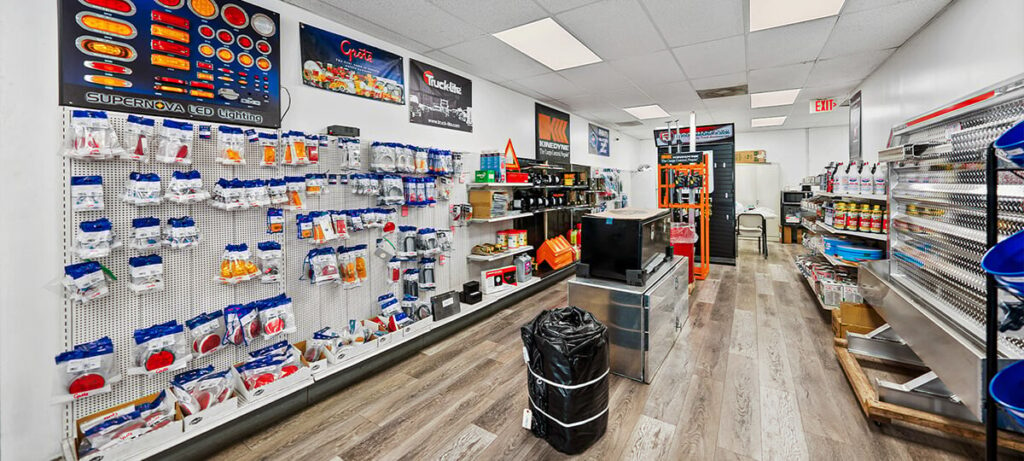Fire safety at home isn’t exactly the most thrilling dinner topic — but it’s one of those things that matters most when you least expect it. A small flame on the hob, a forgotten candle, or an overloaded socket can turn a regular evening into emergencies in seconds. The good news? Most domestic fires are completely preventable with a few mindful habits and the right bit of kit by The Fast Fire Watch Company.
Know Where Fires Start
The first step to prevention is understanding where fires most often begin. In most homes, it’s the kitchen — the heart of the house and, ironically, the riskiest room in it. Cooking oils, gas flames, and electrical appliances all bring their own set of hazards.
Kitchen is not the only place – we should also watch out for:
- Electrical fires — often from worn cables, damaged plugs, or too many devices in one socket.
- Candles and open flames — charming, but easy to forget about.
- Heating equipment — portable heaters and fireplaces can ignite nearby fabrics.
It’s not about living in fear — just paying attention to the things we use every day.
Stay One Step Ahead
A bit of prevention goes further than any emergency call-out. Start with these simple checks:
- Smoke alarms in every major room — and test them once a month.
- Unplug unused appliances, especially overnight.
- Keep flammable items like tea towels or curtains away from hobs and heaters.
- Use candles safely — sturdy holders, no drafts, and never on unstable surfaces.
These are tiny habits, but they add up to a safer home.
Be Ready, Just in Case
Even with the best habits, accidents can happen — which is why it’s smart to keep a fire extinguisher nearby. Which one? Well, there are different types for different purposes.
- Water Fire Extinguisher – Great for ordinary combustibles like wood, paper, and textiles. Perfect for living rooms and bedrooms.
- Dry Powder Extinguisher – Versatile; works on flammable liquids, electrical fires, and ordinary combustibles. A good all-round choice for kitchens and garages.
- CO₂ (Carbon Dioxide) Extinguisher – Best for electrical fires; leaves no residue, ideal near computers or electrical panels.
- Wet Chemical Extinguisher – Designed for kitchen fires, especially cooking oils and fats. Must-have near stovetops.
Obviously, you don’t need to turn your home into a fire station, but one or two strategically placed extinguishers make all the difference.
And here’s another part many forget: fire extinguisher servicing. They don’t last forever. A quick annual check ensures the pressure’s right and the nozzle’s clear — because there’s nothing worse than finding out it doesn’t work when you actually need it.
It’s one of those responsibilities that only takes a few minutes a year but can literally save your home.
Plan Your Escape
This one’s easy to skip — until you wish you hadn’t. Every household should have a clear, simple plan for getting everyone out safely.
- Know at least two exits from each main area.
- Keep hallways and doors clear of clutter.
- Have a meeting point outside — the end of the drive or a neighbour’s garden, for example.
Run through the plan with everyone in the house, especially kids. It doesn’t need to be dramatic — just familiar.
Mind the Small Stuff
The little things count more than you think. Clean the lint from your tumble dryer filter. Let your oven cool before wiping it down. Don’t leave fairy lights plugged in overnight. Small oversights are what most domestic fires come down to.
And if you use a log burner or fireplace, make sure the chimney’s swept at least once a year. Creosote build-up is invisible — until it catches.
Quiet Reassurance
There’s a quiet confidence that comes from knowing you’re prepared. Fire safety isn’t about paranoia — it’s about peace of mind. When you’ve ticked the basics, tested your alarms, and know where your extinguisher is, you can actually relax.
Because at the end of the day, safety isn’t meant to stop you living your life — it’s meant to let you enjoy it without worry.
A safe home is a calm home. And with a few smart habits, a serviced extinguisher, and a bit of awareness, you’ll be ready for just about anything — even if it’s just a slightly overenthusiastic Sunday roast.





